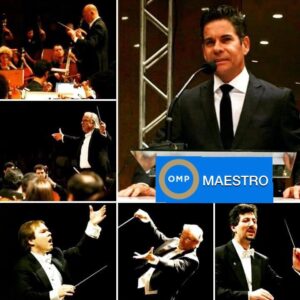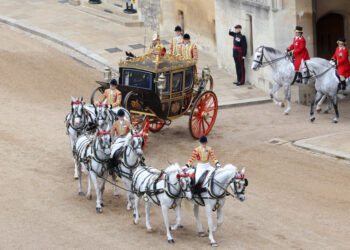 As the World Protocol Magazine Editorial Board, we take enormous pride in keeping this platform open to all experts from the numerous fields of business and protocol: Guto Delgado, from Brazil is the next many who have taken the opportunity of working together with WPM.
As the World Protocol Magazine Editorial Board, we take enormous pride in keeping this platform open to all experts from the numerous fields of business and protocol: Guto Delgado, from Brazil is the next many who have taken the opportunity of working together with WPM.
Mr. Delgado is an expert of many fields: international communication, marketing, ceremonies and event management.
His motto: “Learning forever!”. In his first article published by World Protocol Magazine, he takes upon the challenge of explaining the origins of ‘Master of Ceremonies’.
The word MAESTRO has Italian origin, meaning MASTER.
A conductor is a regent: someone who conducts (commands) an orchestra, a choir or a musical group.
The term maestro first appeared in the time of Musical Romanticism when great orchestras took on great proportions and needed a “leader”.
A maestro’s role is primarily to conduct.
Directing and coordinating the function of each musician, it is up to the main leader, who was later called MAESTRO.
So when WE CONDUCT events WE COORDINATE all the actions of everyone involved in the act, and all the teams working for the event. Therefore, possessing the knowledge of ceremonial and protocol, we may find the simple yet logical analogy.
As MASTERS OF CEREMONIES we are the MAESTROs of the events although using our VOICE instead of our gestures or the baton.
‘MC’




